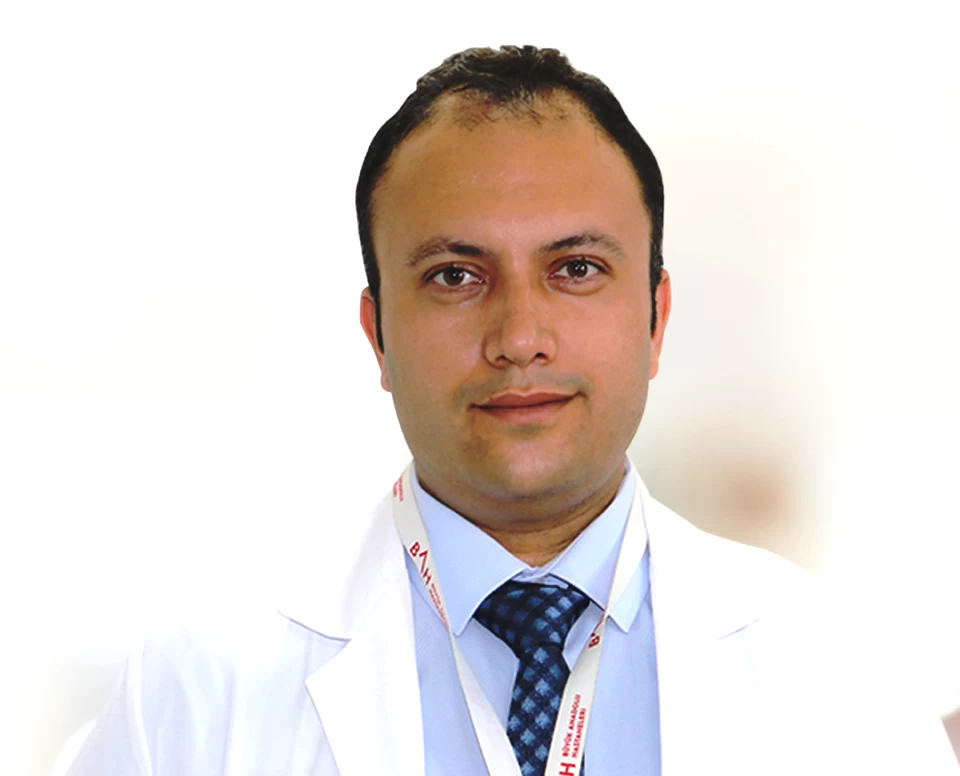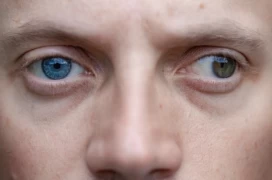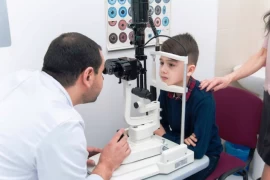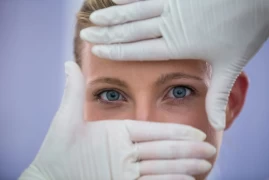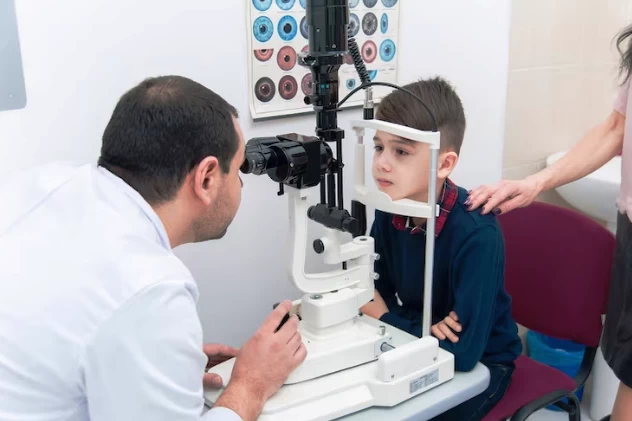
The Importance of Eye Examinations for Children Before Starting School
- The Importance of Eye Examinations for Children Before Starting School
- The Role of Eye Health in Education
- Before Taking Your Child for an Eye Exam
- The Role of the Eye Examination
- The Importance of Early Diagnosis in Vision Disorders
- Conclusion
As children grow, their exploration of the world expands, and they begin their journey of learning. During this process, having healthy vision is a fundamental requirement for children to succeed in education, personal development, and daily life activities. Ensuring the eye health of your child before they start school and early detection of potential issues are critical steps. In this article, we will discuss why eye examinations for children before starting school are essential and how this examination process works in detail.
The Role of Eye Health in Education
The eye health of children significantly influences their academic achievements and learning experiences throughout their education journey. Basic school activities such as reading textbooks, following the teacher's notes on the chalkboard, and participating in classroom interactions all require healthy vision. Children with compromised eye health may experience learning difficulties, negatively affecting their learning process.
Having your child undergo an eye examination before starting school provides an opportunity to detect potential vision problems early and intervene promptly. If your child has vision issues, and these issues are not identified in the early stages, their academic performance, self-confidence, and overall quality of life may be adversely affected.
Before Taking Your Child for an Eye Exam
Before taking your child to an eye doctor, there are some important steps and information you should consider. Here are some tips to help you manage this process smoothly:
- Schedule an Examination: Scheduling an eye examination for your child before they start school is crucial. This examination will ensure early detection of your child's vision problems. Make sure the appointment date and time are close to the school's start date, so the examination results remain current.
- Gather Family History and Symptoms: Before the examination, gather information about your child's family history of eye-related issues or any current symptoms. If there is a family history of eye conditions or if your child has complaints related to vision, share this information with the doctor. This will help the doctor conduct a more comprehensive examination.
- Prepare Questions: Prepare questions you want to ask the doctor in advance. If you have concerns or questions about your child's eye health or anything related to their vision, note them down. Don't hesitate to ask your doctor about your child's level of vision, the need for glasses, or any other eye health-related inquiries.
- Prepare Your Child: Help your child prepare for the eye examination. Explain to them that the examination will not harm their eyes and will not be painful. To ensure comfort during the examination, have your child wear comfortable clothing. Additionally, positive reinforcement or praise after the examination can help make the experience more positive for your child.
- Bring Glasses or Contact Lenses If Applicable: If your child has previously used glasses or contact lenses, bring them to the examination. The doctor can check the suitability of the current eyewear or prescribe new ones if needed.
- Follow-Up on Examination Results and Accept Treatment: Depending on the examination results, follow your doctor's recommendations for treatment. If your child needs glasses or contact lenses, accept the treatment and ensure they are used regularly. By following your eye doctor's advice, you can best support your child's eye health.
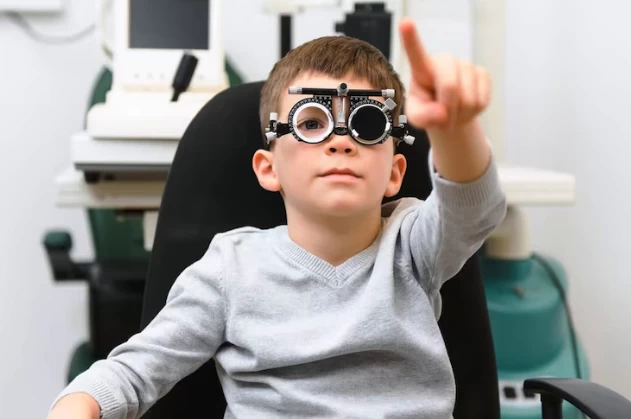
The Role of the Eye Examination
An eye examination for your child before starting school is typically performed by an optometrist or ophthalmologist. During this examination, the following aspects are assessed:
- Visual Acuity: The examination includes visual tests to assess your child's ability to see both near and far. These tests help determine your child's current level of vision.
- Eye Examination: The eye doctor examines the external structures of your child's eyes to evaluate their eye health. This includes an assessment of the eye surface, eyelids, and surrounding tissues.
- Intraocular Pressure Measurement: Intraocular pressure, or eye pressure, is important for eye health. Elevated eye pressure may be an indicator of conditions like glaucoma. The eye doctor measures this pressure during the examination.
- Examination of the Back of the Eye: The eye doctor examines the back of the eye, including the retina and optic nerve, to assess the overall health of the eye's internal structures.
The Importance of Early Diagnosis in Vision Disorders
An eye examination before starting school allows for the early detection of potential eye problems. Early diagnosis facilitates more effective treatment, ensuring that your child maintains healthy vision. Failure to identify eye issues at a young age can allow these problems to progress and lead to more serious issues.
Conclusion
Having your child undergo an eye examination before starting school is a critical step in supporting their overall health and education. Such an examination enables the early detection of potential issues and provides an opportunity for prompt intervention. Remember that healthy vision is a key factor in your child's exploration of the world and their learning journey.
